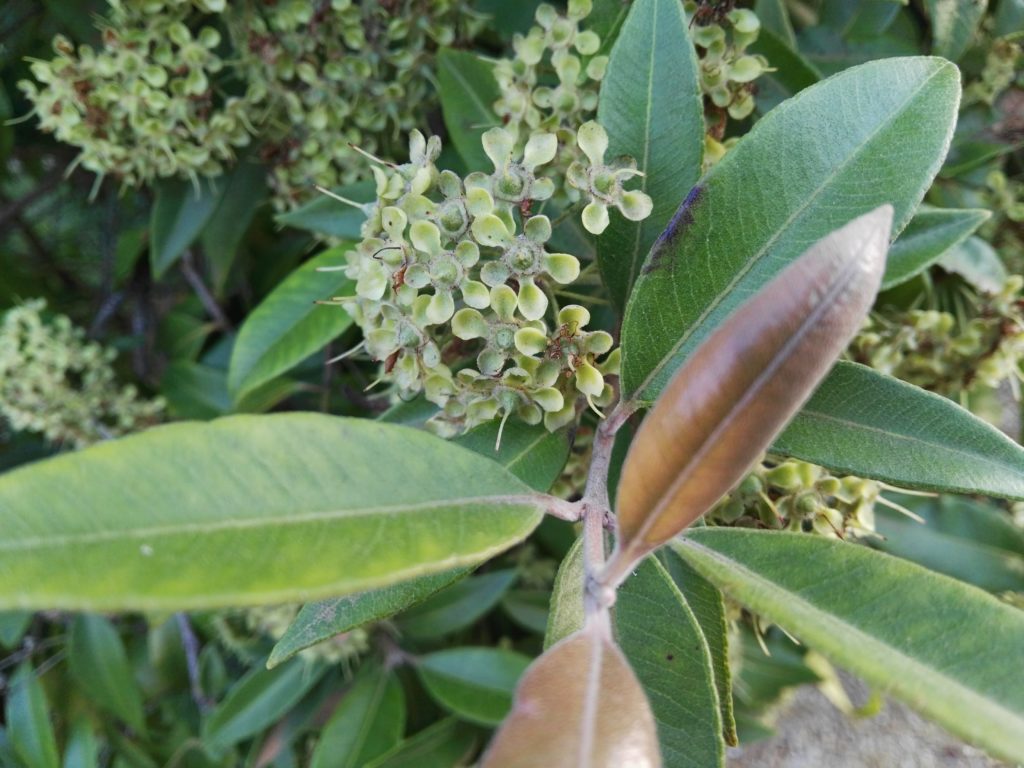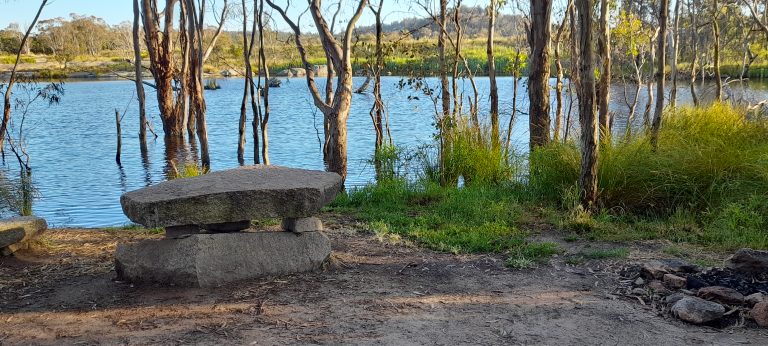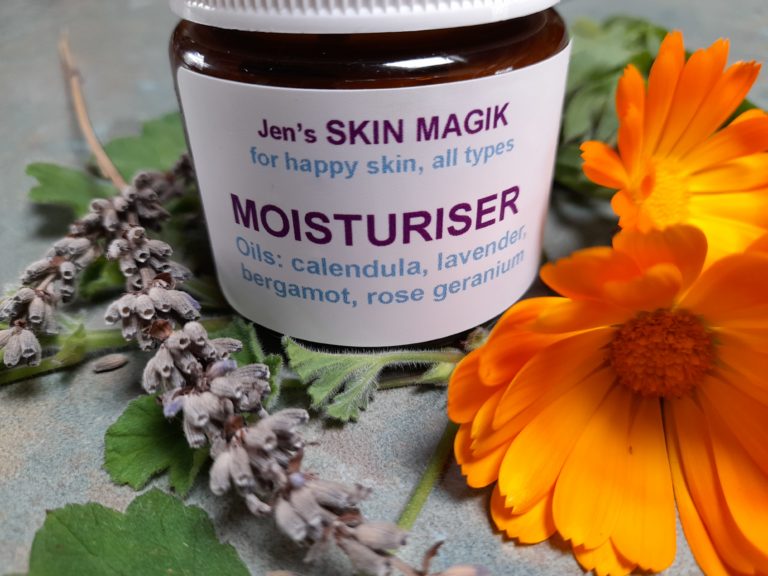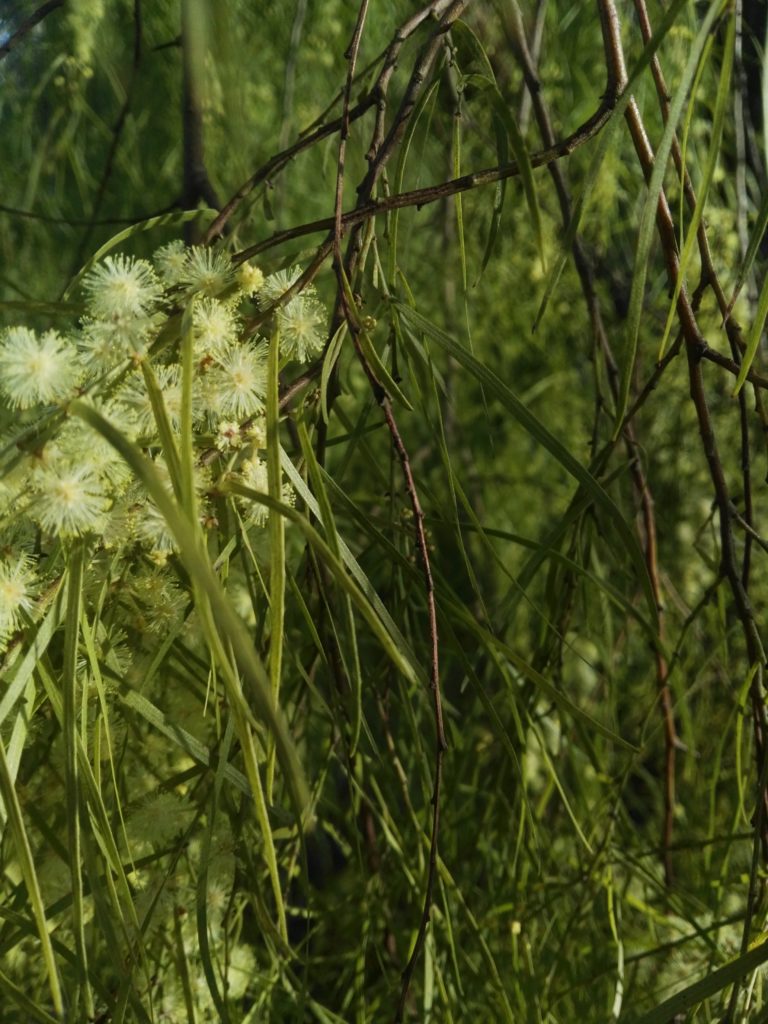Moulds that matter after our La Nina summer
Torrential downpours the east coast of Australia caused devastation in NSW and Queensland.
But it’s also been causing an abundance of mushrooms and moulds throughout the environment – from footpaths to broom cupboards.
Some of these rapidly growing outdoor fungi are poisonous.
Did you know that the indoor fungi also have harmful potential? The warm, damp and humid conditions of recent weeks have made many homes the perfect breeding ground for mould.
When you have mould, you also have mould spores – and these can cause serious health problems if they’re inhaled, particularly increased risk of asthma, allergies and respiratory infections.
Toxic moulds produce mycotoxins – mycellium toxins – that can trigger immune system responses, resulting in chronic inflammation. That chronic inflammation then creates extensive, multiple health-related problems. The health effects associated with mould exposure include:
- headaches
- sinus and nasal congestion and
- skin and eye irritation.
Some people may have an allergy to mould or be more sensitive to it. This is particularly an issue if your immune system is compromised. Your genetics, any nutritional deficiencies, previous accumulations of environmental toxins, age and levels of stress can impact how quickly you gets sick from mould.
There is also a range of more subtle symptoms – physical and cognitive – linked with exposure to mould and biotoxin-related illness – collectively called Chronic Inflammatory Response Syndrome (CIRS).
There are a range of views within the medical profession regarding the relationship between mould and CIRS.
CIRS can be a result of mould exposure + stress + genetics + poor nutrition + other chronic or acute illness. This additive or synergistic relationship needs to be explored and layers peeled back to support the person at a deeper more long lasting level.
One of the most important aspects of successful treatment is immediately moving into a non-toxic environment. Like health, prevention is more efficient than removal with the key being to keep the house dry and free of dust.
There are many resources to assist with the prevention and treatment of mould, from seeking Naturopathic Practitioner advice to reading books and blogs by Nicole Bijlsma “Healthy Home, Healthy Family” etc
Work and home mycotoxin exposure due to damp conditions is an increasing clinical phenomenon sometimes called “sick building syndrome”. There are a number of comprehensive treatment protocols, incorporating detoxification strategies (for the individual person) for environmentally acquired illnesses.
Due to the complexity of mould exposure, treatments will be unique and individualised. Along with consuming an anti-inflammatory, organic, wholefoods diet, it’s important to increase hydration with filtered water and making appropriate lifestyle changes such as sauna therapy, exercise and mind-body treatments. Herbs can be taken to support an immune system which is working overtime, to strengthen detoxification systems, rebuild the gut and reduce inflammation.
Some key herbal supports
Echinacea (Echinacea spp.) and garlic (Allium sativum) support the immune system and treat any infections that may be present.

St. Mary’s thistle (Silybum marianum) and dandelion root (Taraxacum officinale) will assist with liver detoxifying.
Herbs that protect brain function, such as ginkgo (Ginkgo biloba), are an important component of recovery and can help with the brain fog.
Turmeric (Curcuma longa) and green tea (Camellia sinensis) may act as effective antioxidant support by increasing the body’s production of glutathione, a powerful antioxidant that removes damaging free radicals and allows for the more effective removal of toxins.
Adaptogens such as Siberian ginseng (Eleutherococcus senticosus), rhodiola (Rhodiola rosea), astragalus (Astragalus membranaceus) and schizandra (Schisandra chinensis) help to normalise bodily functions and most have immune modulating properties.
What will do the most good will depend on your body and your overall health needs, so get advice from your friendly local Naturopath. Note that the appropriate dose and quality of these herbs is imperative to achieve your desired outcome in health and well being.
Watch for mould during warm, wet weather
If you’re aware of the hidden risks of mould – in ceilings and wall spaces as well as more visible locations – then you can take preventive action.
If you’re unwell for some non-obvious reason, then it could be worth an inspection of less visited areas of your home.





